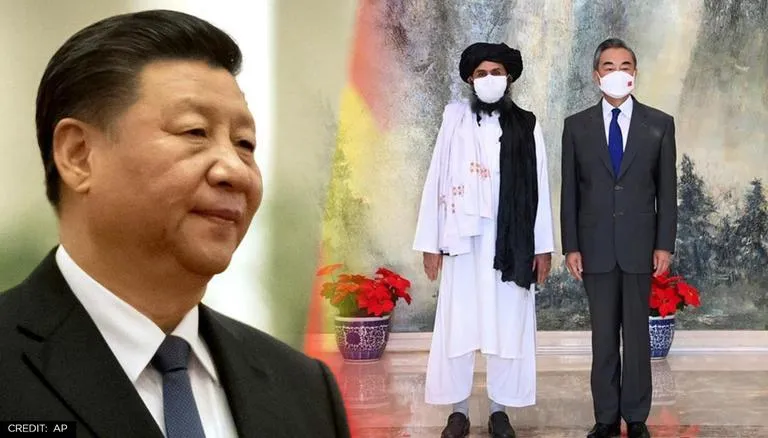The Taliban announced a deal with Chinese company Xinjiang Central Asia Petroleum and Gas (CAPEIC) on Thursday to enable oil extraction in the Amu Darya basin in northern Afghanistan, TOLOnews reported.
The signing ceremony took place in presence of the Chinese envoy to Afghanistan Wang Yu, and other high-ranking Taliban officials, including Abdul Ghani Baradar, the acting deputy prime minister for economic affairs.
Taliban’s acting minister of mines and petroleum, Shahabuddin Delawar, said the first three years will be exploratory and that more than USD 450 million will be invested in this period.
“The first three years are exploratory. In this period, 4,500 square kilometers will be under the project in three provinces, including Sar-e-Pul, Jawzjan and Faryab. At least 1,000 to 20,000 tons of oil will be extracted,” he was quoted as saying by TOLOnews.
Baradar requested China’s CPEIC to implement the required norms for the extraction of the oil.
“We request the Chinese company to extract the oil based on international measures. The company will have the support of government institutions,” he said.
According to The Khaama Press News Agency, Oil will be produced in the northern provinces of Faryab, Jowzjan and Sar-e Pol, starting with 1,000 tonnes a day.
The Taliban-run administration will initially have a 20 per cent stake in the project, which will be gradually increased to 75 per cent to match the rising output.
The Afghan news agency added that the Taliban expects to create 3,000 jobs with this project.
The Taliban took over Afghanistan in August 2021 and imposed policies severely restricting basic rights, according to Human Rights Watch. They dismissed all women from leadership posts in the civil service and prohibited girls in most provinces from attending school and higher institutes.
This comes as foreign investment in Taliban-ruled Afghanistan is almost zero since the Islamic outfit’s takeover in August 2021. According to the Khaama report, the Taliban is desperately knocking on every single door to attract foreign investment to the country.

